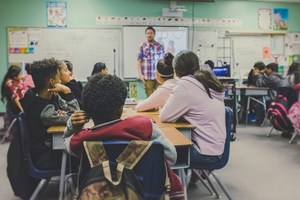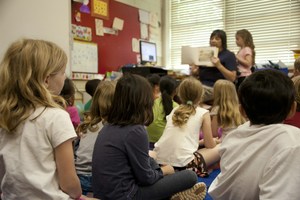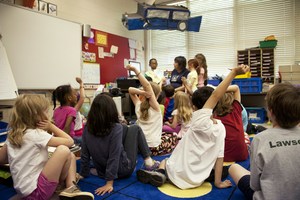The Value of Non-Formal Education in Spreading the Principles of Solidarity of the European Union

The European Union is founded on principles of solidarity, respect for human rights, democracy and social cohesion. These values are essential for building a strong and united European community. Solidarity, in particular, is the glue that holds together Europe's cultural and social diversities, promoting inclusion and social justice, and it is important to continue to illuminate these values and prepare new generations to become aware citizens and
Non-formal education therefore plays a crucial role in promoting the principles of solidarity and active citizenship among young people, and at a time when global challenges call for collective responses and social cohesion, projects such as "SAY (Solidarity is About Youth): The Voice of Fraternity" become crucial in reinforcing the values of the European Union.
Through innovative and participatory culturally-based methods, non-formal education is the mainstay of our project because it manages to reach and engage young people in ways that traditional education often struggles to achieve.
Indeed, non-formal education represents an invaluable resource in the contemporary educational landscape, especially in terms of training young people in the values of solidarity and active citizenship.
As argued by Paulo Freire, one of the most influential pedagogues of the 20th century, who laid the theoretical foundations for an education that promotes critical consciousness and the empowerment of individuals. According to Freire, education must be a process of liberation and dialogue, in which teachers and students learn from each other in a context of respect and equality. This vision is particularly relevant for non-formal education, which aims to actively involve young people, stimulating them to reflect critically on the reality around them and to become protagonists of social change.
Non-formal education also offers numerous advantages over traditional educational methods. It is flexible, adaptable and often more attentive to the individual needs of young people. Through hands-on activities, creative workshops, volunteer experiences and community projects, non-formal education stimulates the interest and active participation of young people. This approach contributes not only to the development of specific skills, but also to personal growth and social awareness.
For these reasons, the activities in the SAY project are designed to be in line with these pedagogical principles, creating inclusive and participative learning environments.Through workshops on image reading, creative writing, photo competitions and thematic consultations, young participants are encouraged to explore and reflect on European values of solidarity and cohesion. In addition, the project provides specific activities for teachers and the educating community, such as training courses and the creation of pedagogical materials, which strengthen skills in the field of citizenship education.
Non-formal education represents a fundamental educational strategy to disseminate and root the European Union's solidarity principles among young people by promoting active and participatory learning, where young people can develop critical and creative skills, better understand the world around them and act to transform it.

